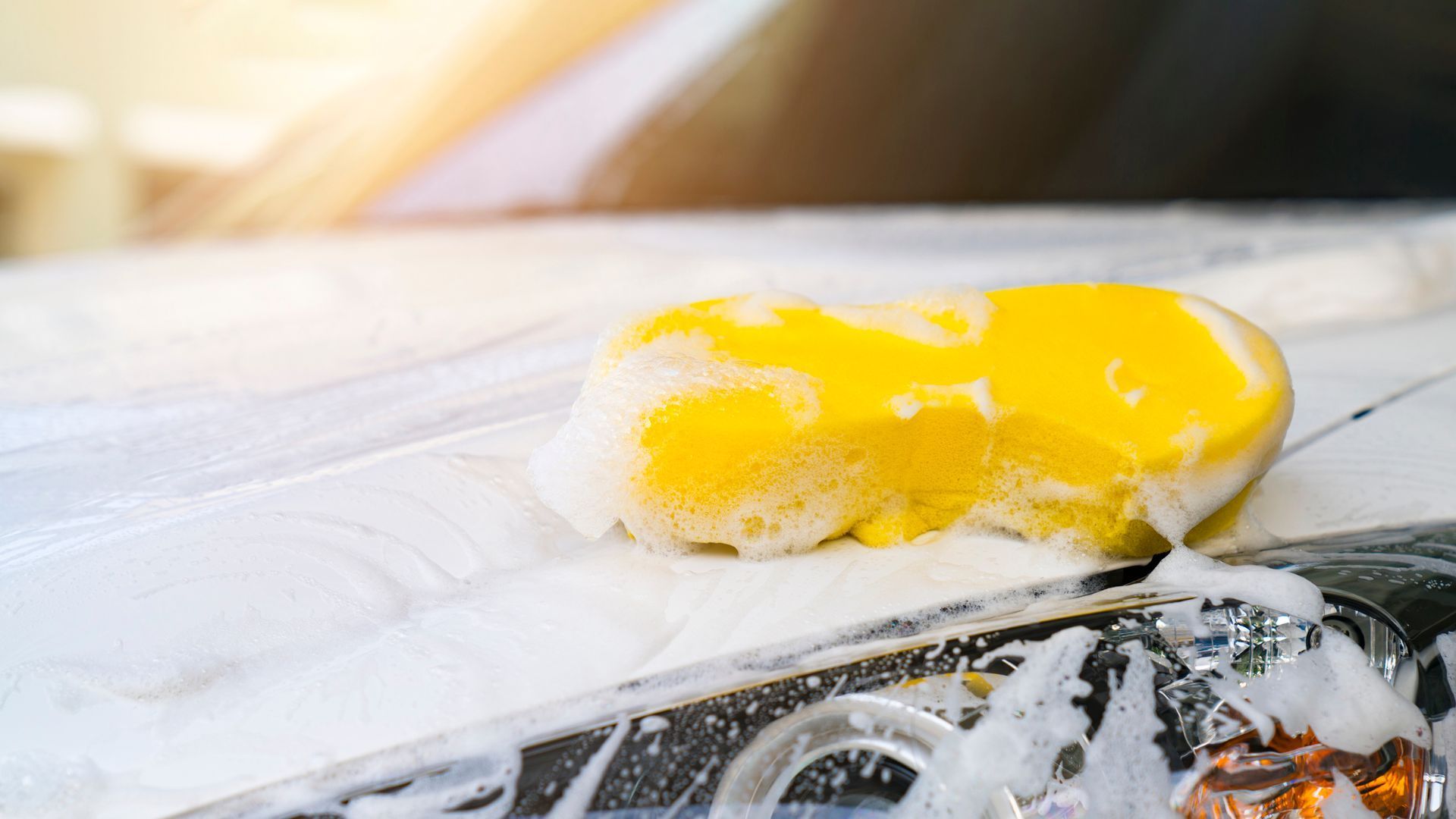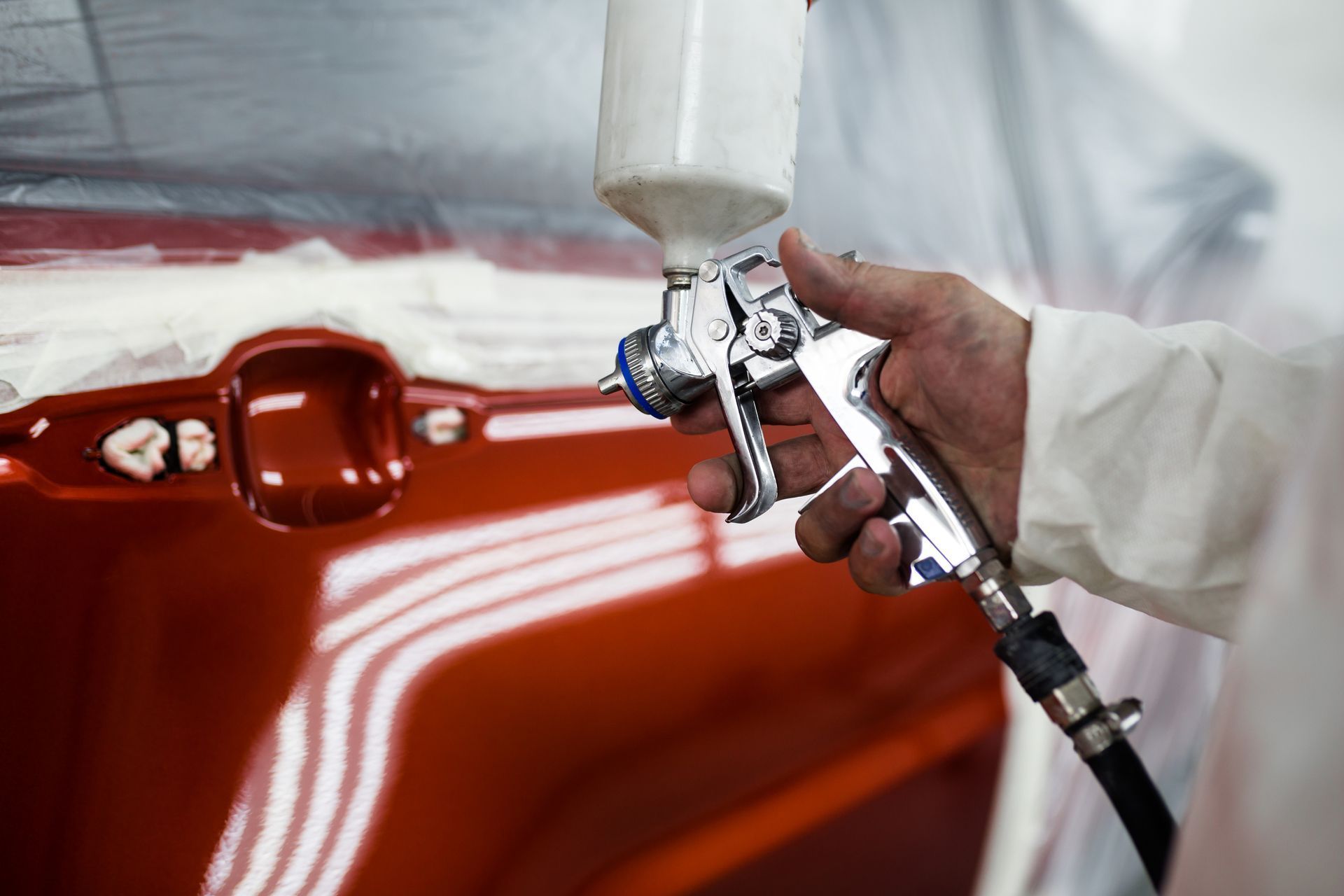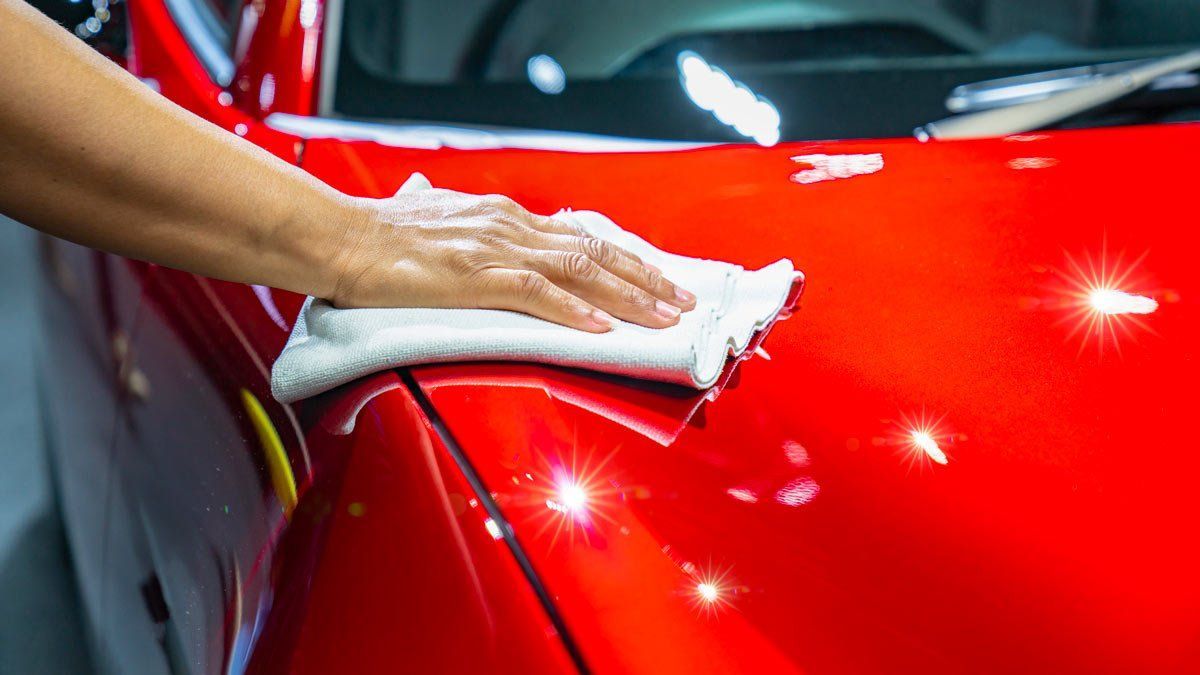5 Tips to Protect Your Car From UV Rays
30 August 2022
Any car, new or used, needs care and protection from the sun's rays. As the temperature rises, the exterior of your car becomes damaged first. When you leave a vehicle in the sun for an extended period, the exterior surface temperature can reach
195° Fahrenheit
.
Long-term exposure to UV rays can cause your car's exterior to oxidize, fade, or change color. Heat can also brittle the outer coating of your vehicle. You should take additional measures to keep your car exterior pristine.
Below are a few tips on how to protect your vehicle from the sun's rays
1. Park in the Shade
When UV rays from the sun do not directly hit your car, the heat generated is not enough to cause severe problems for your vehicle. You can park under a tree or in the shade of a building.
However, the shade naturally moves with the sun, so you can find your vehicle in direct sunlight even if you park in the shade. Therefore, you may have to spend a few bucks to find a covered parking space to avoid the expense of sun damage repair.
However, if you can't find shade or covered parking around, you may want to get a car cover.
2. Wash and Hand Dry Your Car Regularly
Dust, sand, dead insects, and bird droppings all damage a car's paint. These debris and minerals react with the sun's heat and result in a faded paint job.
In addition, when dead insects undergo decomposition, they release acids that could cause further damage to the surface of your car. A frequent wash cycle helps eliminate debris stuck to the car's exterior so that damages won’t take place.
After washing your car, hand-dry it thoroughly with a soft cloth to prevent dust from accumulating on the wet surface of the vehicle.
3. Wax Your Car Regularly
Waxing your car is like using ultraviolet sunscreen in the summer. Applying a coat of wax between your car's finish and UV rays will provide additional protection to your car's exterior from the sun's UV rays. The wax takes the abuse of UV rays so your car's finish doesn't. However, the wax does not last, so you will need to wax your car regularly for the protection to remain effective.
4. Consider a Paint Protection Film
The protection film is an invisible urethane film that serves as a shield for your car. If you feel that wax is not enough against harmful UV rays, you can add extra defense to your vehicle by using a paint protection film. A protection film will help maintain the good state of your car's surface for a long time.
The film protects your car from scratches, grime, dents, and dust. You can purchase DIY kits or have a professional install the protection film.
5. Monitor Tire Pressure Levels
In summer weather, the sun heats the road's surface, and your car tires get heated as they rub against the road. Consequently, the compressed air in your tires vibrates intensely, expands, and may result in a heat-related blowout.
When driving an underinflated tire, more surface area comes into contact with the road. This causes your car to feel sluggish, decreasing your fuel economy. Underinflated tires can blow out and cause an accident when exposed to excess friction. Therefore, make sure your tires are always correctly inflated.
Conversely, overinflated tires have little surface area in contact with the road and may wear prematurely.
Before summer arrives, check your tires then regularly check the tire pressure throughout the season. A regular checkup of your tire pressure will help you evade avoidable accidents. You will also save money that you otherwise would have spent on a new tire.
UV rays can cause costly damage to your car's exterior. Keeping your car cool will not only extend its life and make it look great, but it will also reduce the costs of repairs. You can also take extra measures to protect your car's interior, like installing seat covers.
Contact us
at Grand Prix Car Wash today for more information on how to keep your car’s paintwork looking its best.
Professional hand waxing is one of the most effective ways of keeping your car looking new. Learn about the benefits of hand waxing your car.
A well-maintained car is about maintaining its value, ensuring its functionality, and, taking pride in your ride. Read this blog on car deep cleaning tips.
Car detailing is essential to maintain your vehicle's appearance and overall health. To better understand this process, learn about a few industry myths.
Detailing can be time-consuming and labor-intensive, but the benefits of auto detailing are well worth it. Discover the many advantages of auto detailing.
Protecting your car from cold is essential to keeping it running correctly and avoiding costly repairs. Learn how waxing your car can do this.
While you save money in the short term by cleaning your car yourself, professional cleaning helps preserve your car in the long run. Learn more here.
How do you find a professional auto detailer to deliver exemplary results? Learn five key tips when choosing an auto detailing service.



